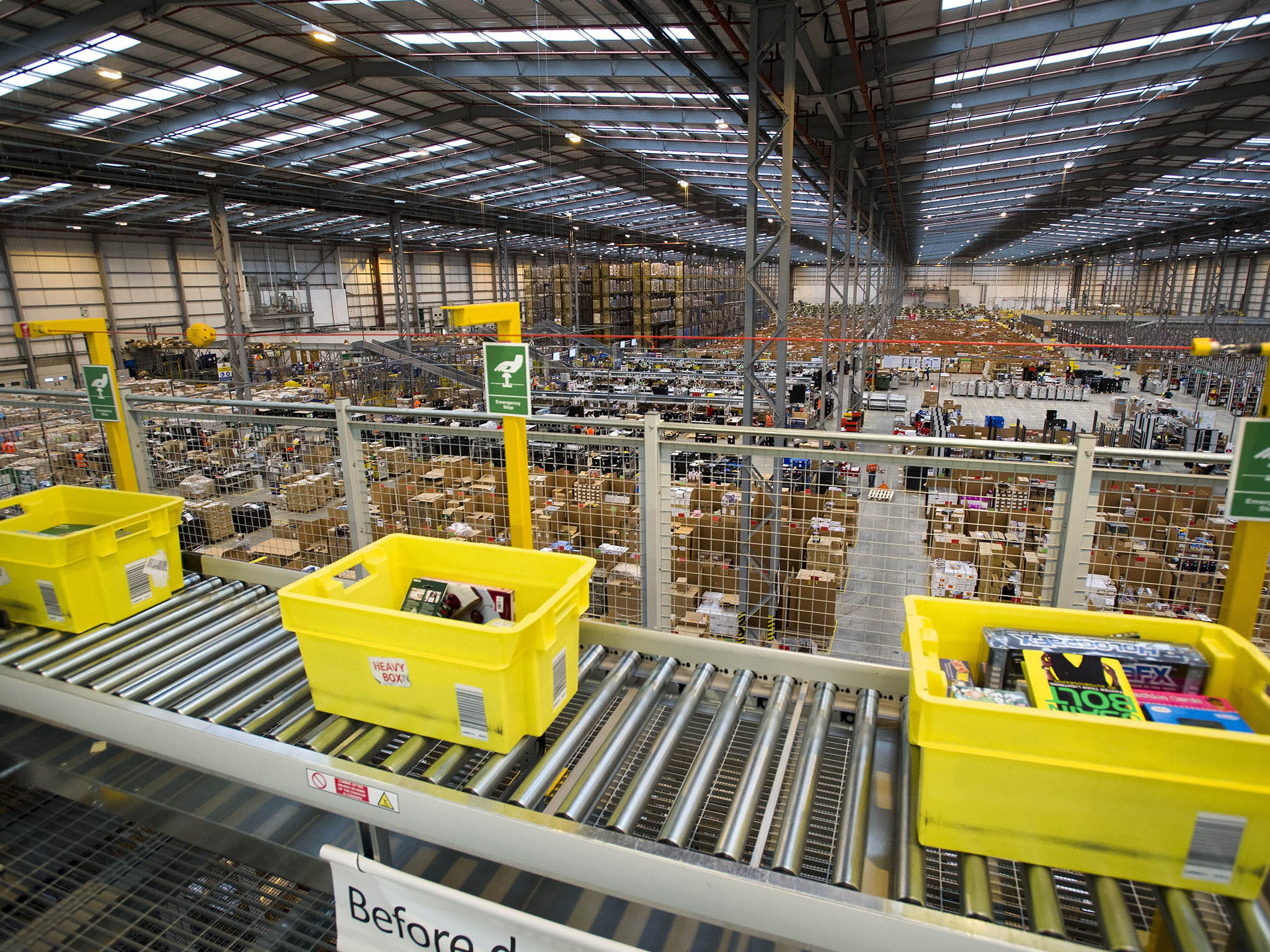Women 'sacked on the spot for being pregnant' as rise in insecure work undermines employees' dignity, MPs told
'That is clearly sex discrimination; clearly a breach of the law,' but many people on agency contracts are not aware of their rights says Hannah Reed, of the TUC

Britain has become a nation where women can effectively be sacked on the spot for being pregnant, workers must carry around their uniforms at all times in case they are called upon to do a shift at a moment’s notice and people’s basic dignity is being undermined by employers, MPs heard on Tuesday.
Hannah Reed, senior employment rights officer at the TUC spoke of instances where women on agency contracts have informed their employer they are pregnant and been told to leave or simply not called again to be offered any further work.
“That is clearly sex discrimination; clearly a breach of the law,” but many people on agency contracts are not aware of their rights, she told the Business Energy and Industrial Strategy Committee.
More than five million people now work through zero-hours or agency contracts and through “fake self-employment”, often via apps, that do not grant employment rights or guaranteed hours.
This has lead to a “large-scale, structural change in working arrangements that is systematically undermining the power that employees have in relation to employers,” said Steven Devlin, senior economist at the New Economics Foundation.
“While there is no crisis in quantity of jobs there is a clear crisis in terms of the quality of those jobs.” Mr Devlin said.
Mr Devlin said that there was a growing body of research that showed the key things affecting people’s well-being in relation to work are security, dignity and agency.
“This type of work doesn’t just threaten security but also those other planks of dignity in terms of the level of surveillance that they are often exposed to and the routinisation of some of the tasks which undermines the agency that they have,” Mr Devlin said.
In December, Amazon was accused of "dehumanising" its staff after an undercover investigation by the Mail on Sunday revealed staff's every move was filmed. Workers reportedly claimed they were left with blisters walking 14 miles in a typical shift and said they were penalised if they took toilet breaks that were too long and they did not pick items quickly enough. Amazon repudiates the allegations.
While flexibility could be a positive for some people, only 61 per cent of workers are now in secure and well-paid job, and the trend has been downward over the last four years, Mr Devlin said.
The trend towards insecure work is not only bad for those doing it, but for the country as a whole, MPs heard.
“It means loss to the exchequer in terms of lost revenues, for the individual in terms of heightened insecurity but also labour market as a whole," Ms Reed said.
“Some rogue employers, through the use of pretty shocking working practices, are able to unfairly undercut the competition”, she added.
Ms Reed also suggested that the rise in insecure work could be partly to blame for the UK’s lacklustre productivity growth. Companies which have more people in stable employment tend to give more staff training which results in more innovative businesses, she said.
In the UK, the share of the economic pie going to workers has been decreasing, in part driven by technological advances, Mr Devlin said.
This is a worrying trend as the UK’s economy is heavily reliant on consumer spending. “What’s good for workers is good for the UK economy, so it’s particularly important to put pounds in workers pockets.”
The panel urged Government to guarantee a basic level of rights for all workers, regardless of the type of contract they are on. Mr Devlin also said other business models such as co-operative ownership should be explored for technological platforms such as Uber that link customers with service providers.
Join our commenting forum
Join thought-provoking conversations, follow other Independent readers and see their replies
Comments